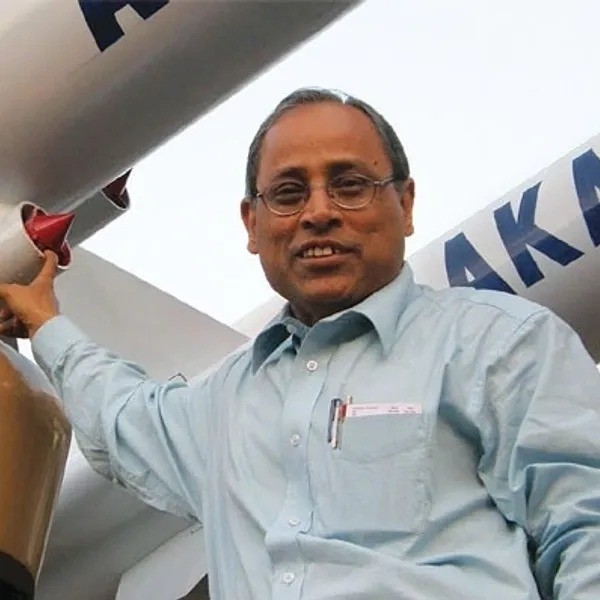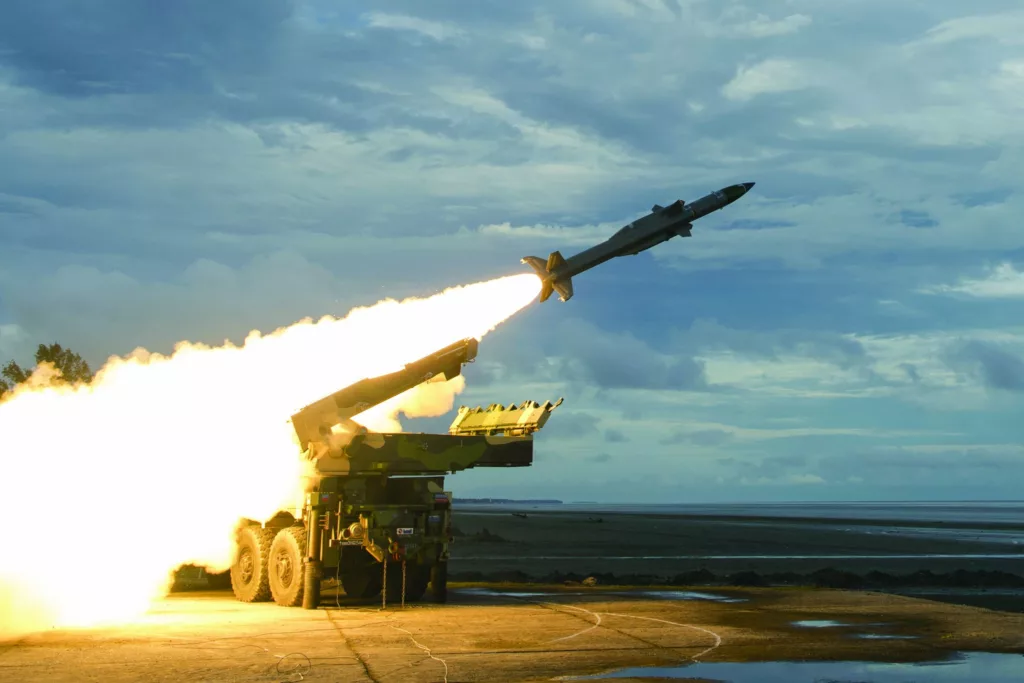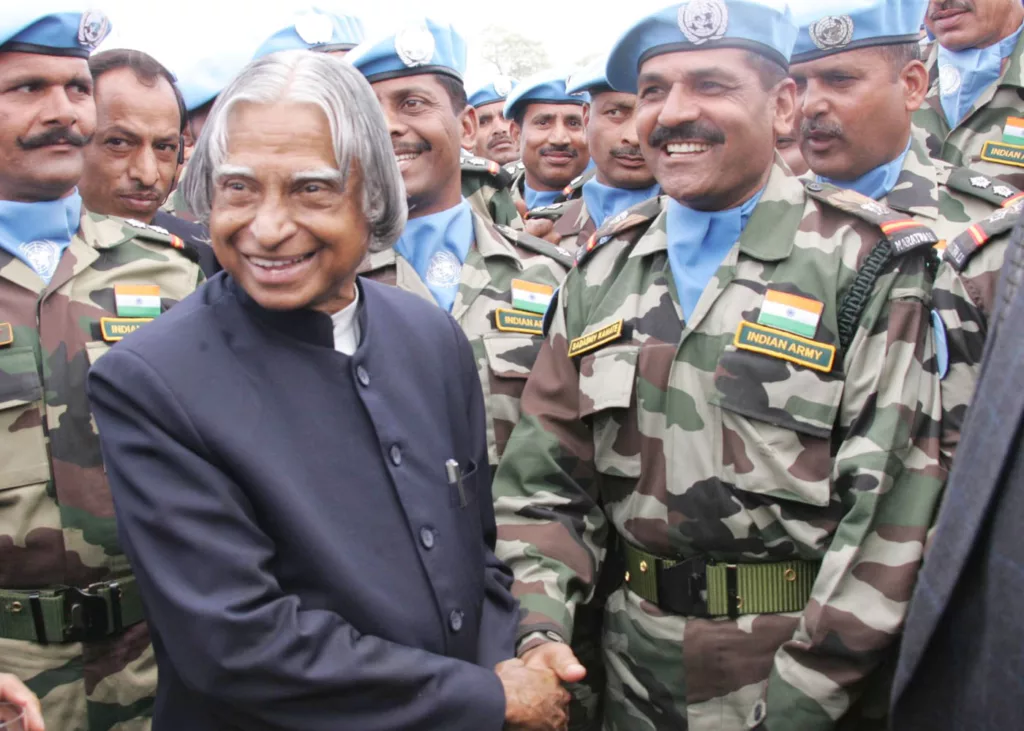If India has 10 Abdul Kalams, we can really bring about a change in the way we approach research and development, said former DRDO scientist Prahlada Ramarao on Sunday, May 11. Bengaluru-based Ramarao was part of the missile-building team put together by India’s “Missile Man” and former President A P J Abdul Kalam.

The indigenous surface-to-air missile system, famously called Akash, that he and his team worked on for nearly 15 years, since 1983, is having its moment of glory, as it withstood the onslaught of Pakistani missiles and drones, especially on May 8 and 9.
Speaking to The Times of India, Ramarao, a Padma Shri recipient, told the outlet, “My eyes welled up when my baby worked so well. It is the happiest day of my life. This is bigger than my Padma award.”
Highlighting the role of his mentor, Kalam, he told the Press Trust of India: “The biggest difficulty for India is that we are individually good, but cannot work together as a team. Kalam was very good at addressing this. He taught me how to bring the energy of individuals synergistically to achieve a purpose. That is why I feel, if we have 10 Kalams, India will truly lead.” Ramarao told PTI.
Ramarao said he was only 34 years old when he was made the project director for the surface-to-air missile project, originally called SAM X and later renamed as Akash system.
“To make it happen, we had to make hardware, software prototypes, and then test it out. When it didn’t work, go back, review the design, change the design and so it went on for two, three iterations. Only after 15 years, we could show that to the reluctant Army, who never really believed we could pull this off,” he said.

He told TOI that the initial project was sanctioned only INR 300 crore. “We started work on this project in 1994 with an initial budget of Rs 300 crore… Developing Rajendra, a complex multi-function electronically scanned phased array radar, was the biggest challenge. But we overcame that challenge after several hits and trials. Later, the project budget was raised to Rs 500 crore,” Ramarao said.
“I guarantee you, nowhere in the world a missile defence system could have been invented in just Rs 500 crore. Our Akash is the cheapest but most effective missile shield. It can detect a hostile missile from a distance of 70km and kill it at a 30km range,” the DRDO veteran, now 78 years old, told TOI.
He told PTI that India is now in a better place, and the young scientists today are better equipped to arm India with indigenous innovations.
“I am sure if you want to make another missile system, it will take maybe five years because the foundation has been laid,” Ramarao said.
He also pointed out that the capability of Indian manufacturers too has grown tremendously.
“Earlier, say around 1984-85, Indian industries were doing what is called build to print. Then we moved on to build to design and then build to concept. Now, Indian industries are so smart that they can build, if you just give a concept,” he said.

Although he admitted that India has matured in the last 25 years when it comes to guided missiles and rockets, it still has a long way to go to claim absolute dominion in that.
Just as we improved, the technology capability of all our adversaries too have improved, he pointed out.
“I interact with a number of young students. They are highly competent and very, very ambitious. They want to do something different, something fantastic. All they need now is direction and support,” Ramarao said.
The scientist said it is now up to the policymakers to harness this huge resource for the good of the country.
“We certainly need someone like Kalam, who managed to inspire a motley team like ours, young and inexperienced, to pull off the Integrated Guided Missile Development Programme, one of the India’s ambitious projects that is serving India well even today,” Ramarao said.
(With inputs from the Press Trust of India.)


